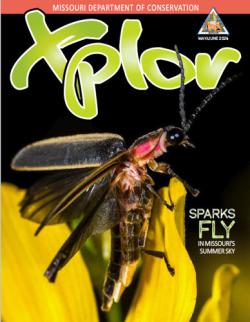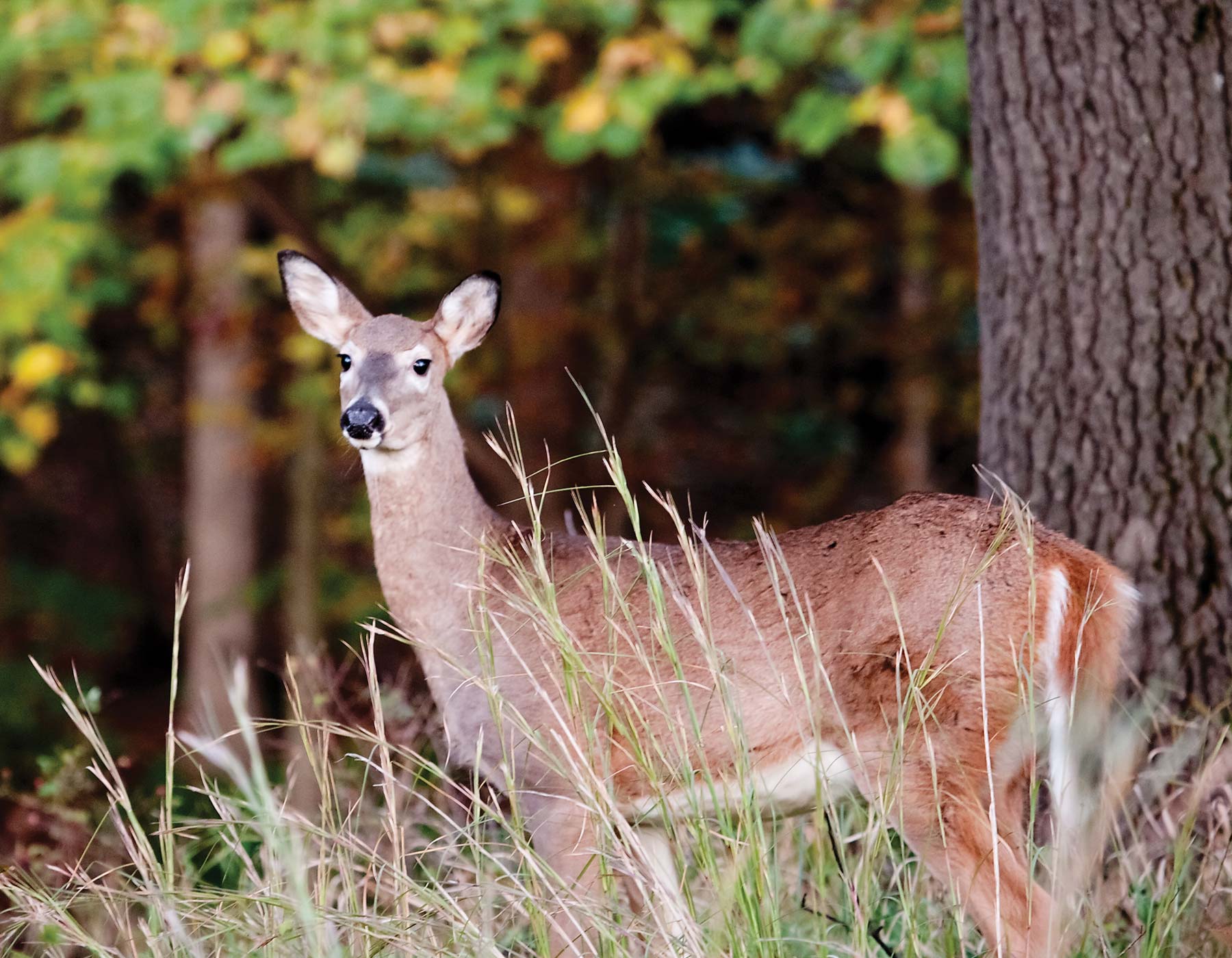
Xplor reconnects kids to nature and helps them find adventure in their own backyard. Free to residents of Missouri.


































Stay in Touch with MDC news, newsletters, events, and manage your subscription

Xplor reconnects kids to nature and helps them find adventure in their own backyard. Free to residents of Missouri.

A monthly publication about conservation in Missouri. Started in 1938, the printed magazine is free to residents of Missouri.


JEFFERSON CITY Mo – As part of its ongoing efforts to monitor Missouri’s free-ranging deer for chronic wasting disease (CWD), the Missouri Department of Conservation (MDC) is working with hunters to collect tissue samples from adult deer harvested in Linn, Macon and parts of Adair, Chariton, Randolph and Sullivan counties during the second weekend of the November firearms portion, Nov. 19-20.
MDC encourages hunters who harvest adult deer in these areas on Nov. 19 and 20 to take their deer to the following processors and roadside collection sites for tissue sampling. MDC staff will also be driving around the areas on Nov. 19 and 20 to help collect tissue samples.
LINN COUNTY
MACON COUNTY
Thanks to help from hundreds of hunters, MDC collected more than 650 tissue samples from harvested deer for CWD testing during the early youth weekend (Nov. 5-6) and opening weekend of the November firearms portion (Nov. 12-13).
“The process of collecting tissue samples takes only a few minutes and involves removing lymph nodes from the head,” said MDC Deer Biologist Jason Sumners. “The tissue sampling will not reduce the food value of deer. For those who harvest adult bucks and are worried about the taxidermy value of their mount, we are also working with many area taxidermists to collect tissue samples from adult bucks for CWD testing.”
Sumners added that hunters throughout the state who encounter or harvest deer in poor condition with no obvious injuries should contact their local conservation agent or MDC office.